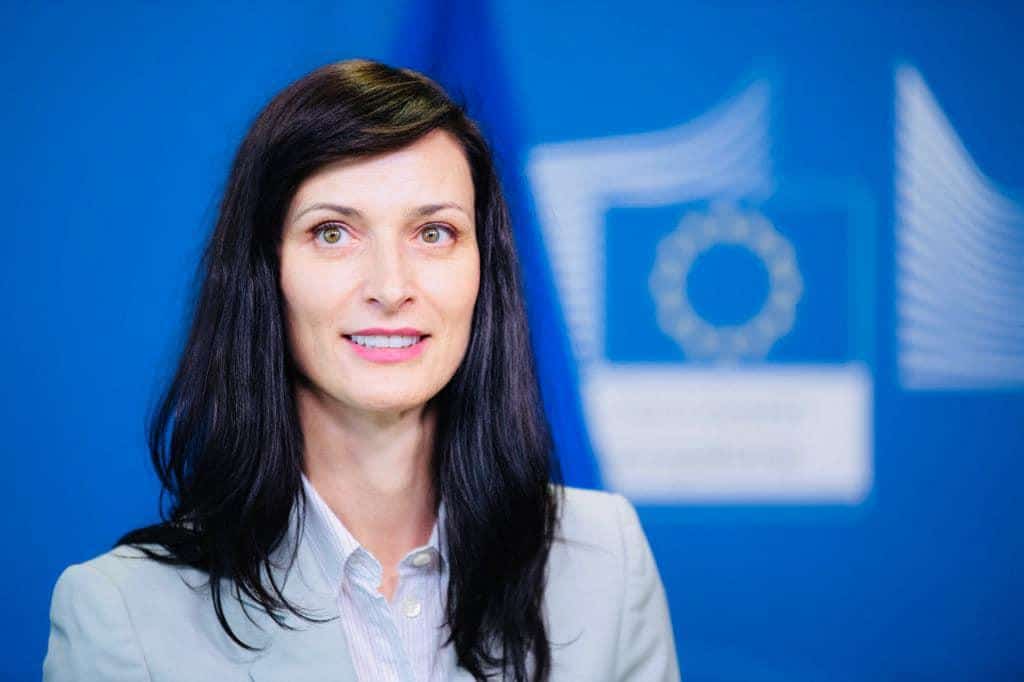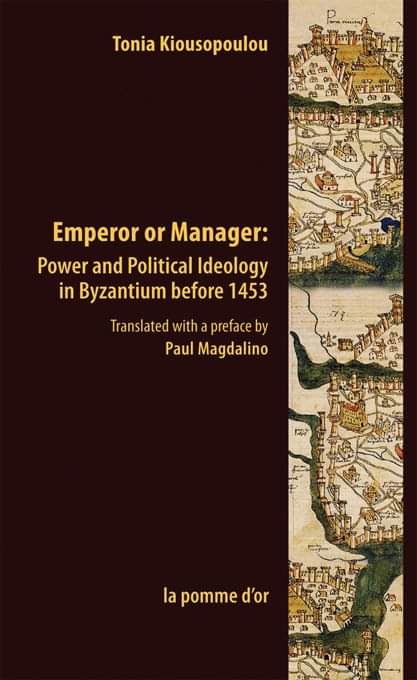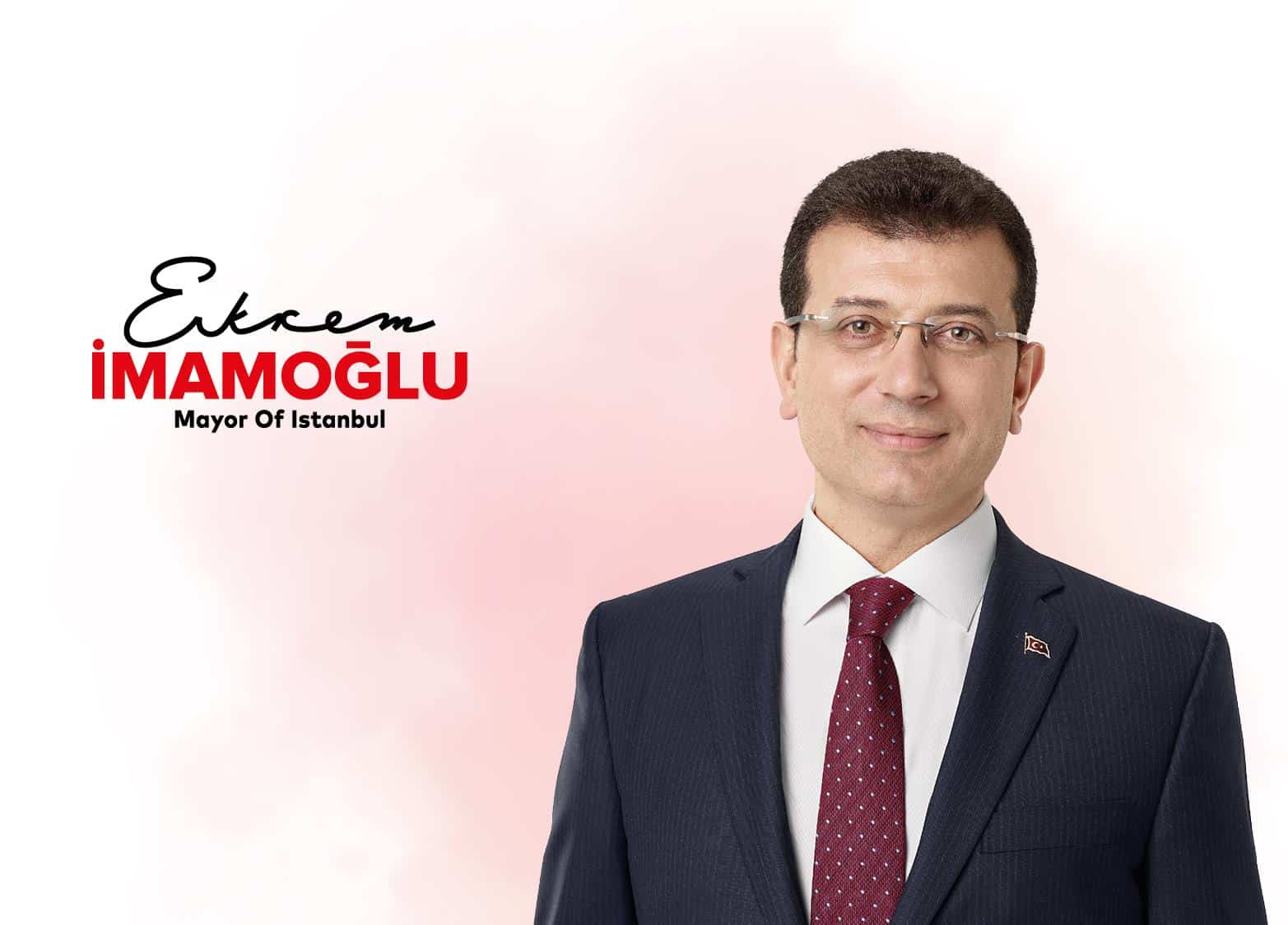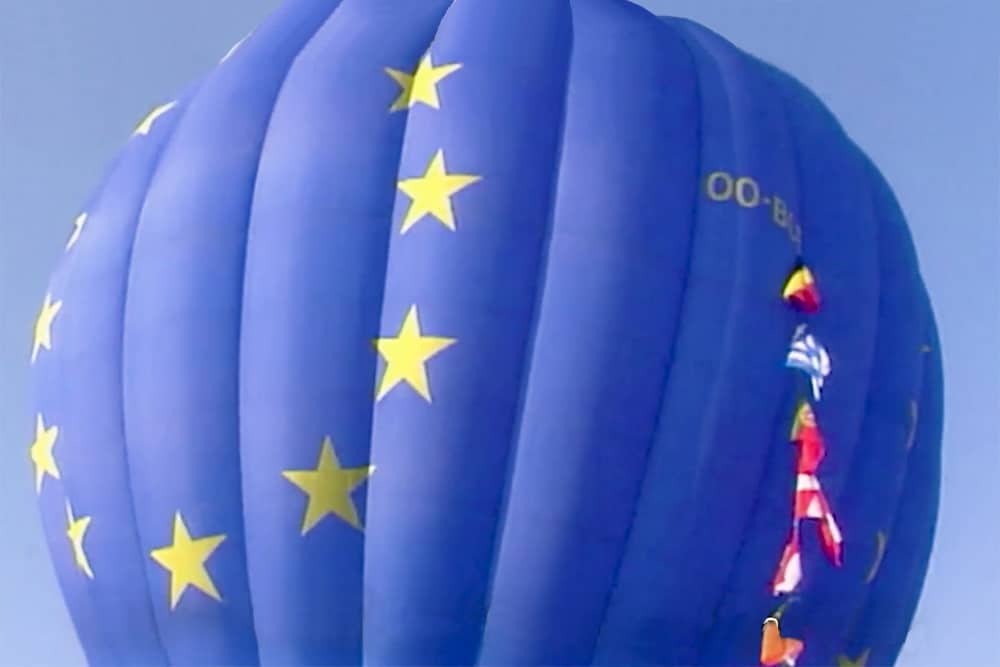The WHO European Regional Obesity Report 2022, was launched by the spouses of 16 European leaders and Heads of State, in the Croatian capital.
Childhood obesity data for WHO’s European Region, paints an alarming picture.
Challenging environment
“Our children are increasingly growing up in environments that make it very difficult for them to eat well and be active. This is a root cause of the obesity epidemic,” said Dr Hans Henri P. Kluge, WHO Regional Director for Europe.
“As societies and countries, we have so far failed to reverse the rising rates of childhood obesity, and that’s why WHO/Europe is here in Croatia, at the invitation of Professor Milanović, spouse of the President, to galvanize political support for this truly insidious public health crisis before it becomes even more difficult to address.”
Dangerous projections
Based on current trends and looking exclusively at obesity in the WHO European Region, which covers 53 countries across Europe and Central Asia, the World Obesity Atlas 2023 published by the World Obesity Federation, projects that between 2020 and 2035, there will be:
- a 61% increase in the number of boys living with obesity,
- a 75% increase in the number of girls living with obesity,
- with a total 17 million boys and 11 million girls aged 5-19 living with obesity in the region in 2035.
- Issues involving being overweight and obesity across all age groups are projected to cost the WHO European Region $800 billion annually, by 2035.
Identifying solutions
WHO European Region has identified three specific actions to counter current projections and help prevent this silent epidemic from getting worse:
Prevention is better than cure: efforts to reduce childhood obesity must start early, right from pregnancy and early childhood. Prevention needs to focus on good nutrition at all stages of a child’s life. Prevention efforts are also needed in homes, schools, and the wider community.
Regulating the food and beverage industry: the most effective policies to tackle childhood obesity include imposing a tax on sugary drinks, requiring clear front-of-package labelling, and restricting marketing of unhealthy foods to children.
Promoting physical activity: this includes better urban design and transportation policies, physical activity in the school curriculum and extra-curricular activities, and clear messaging to support active lifestyles throughout the life course.
The link between obesity and other diseases
Being overweight and obesity are among the leading causes of death and disability in the European Region, with recent estimates suggesting they cause more than 1.2 million deaths annually, corresponding to more than 13% of total mortality.
Obesity increases the risk for many noncommunicable diseases (NCDs), including cardiovascular diseases, type 2 diabetes, and chronic respiratory diseases.
Obesity is also considered a cause of at least 13 different types of cancer and is likely to be directly responsible for at least 200,000 new cancer cases annually across the Region, with this figure set to rise further in the coming years.
Also, overweight people and those living with obesity, have been disproportionately affected by the consequences of the COVID-19 pandemic, often experiencing more severe disease and other complications.
“Because obesity is so complex, influenced by different factors like genetics, environment, and socioeconomic status, no single intervention can halt its rise,” explained Dr Kluge.
“Any national policies aiming to address the issues of overweight and obesity must have high-level political commitment behind them. They should also be comprehensive, reaching individuals across the life course and targeting inequalities.”














